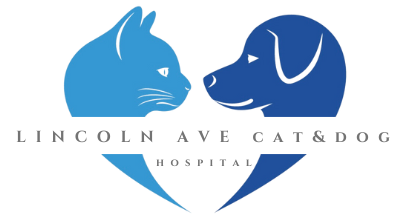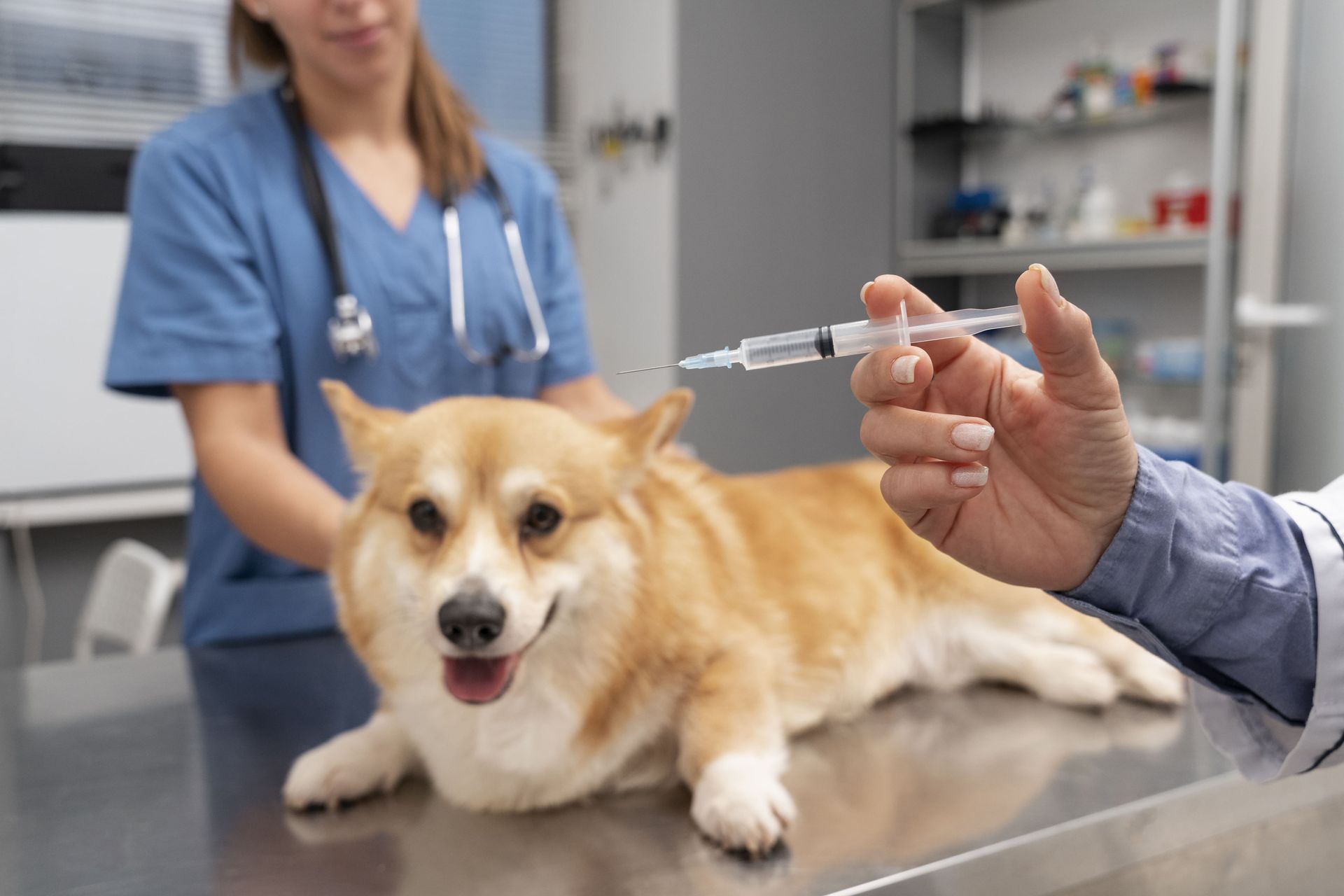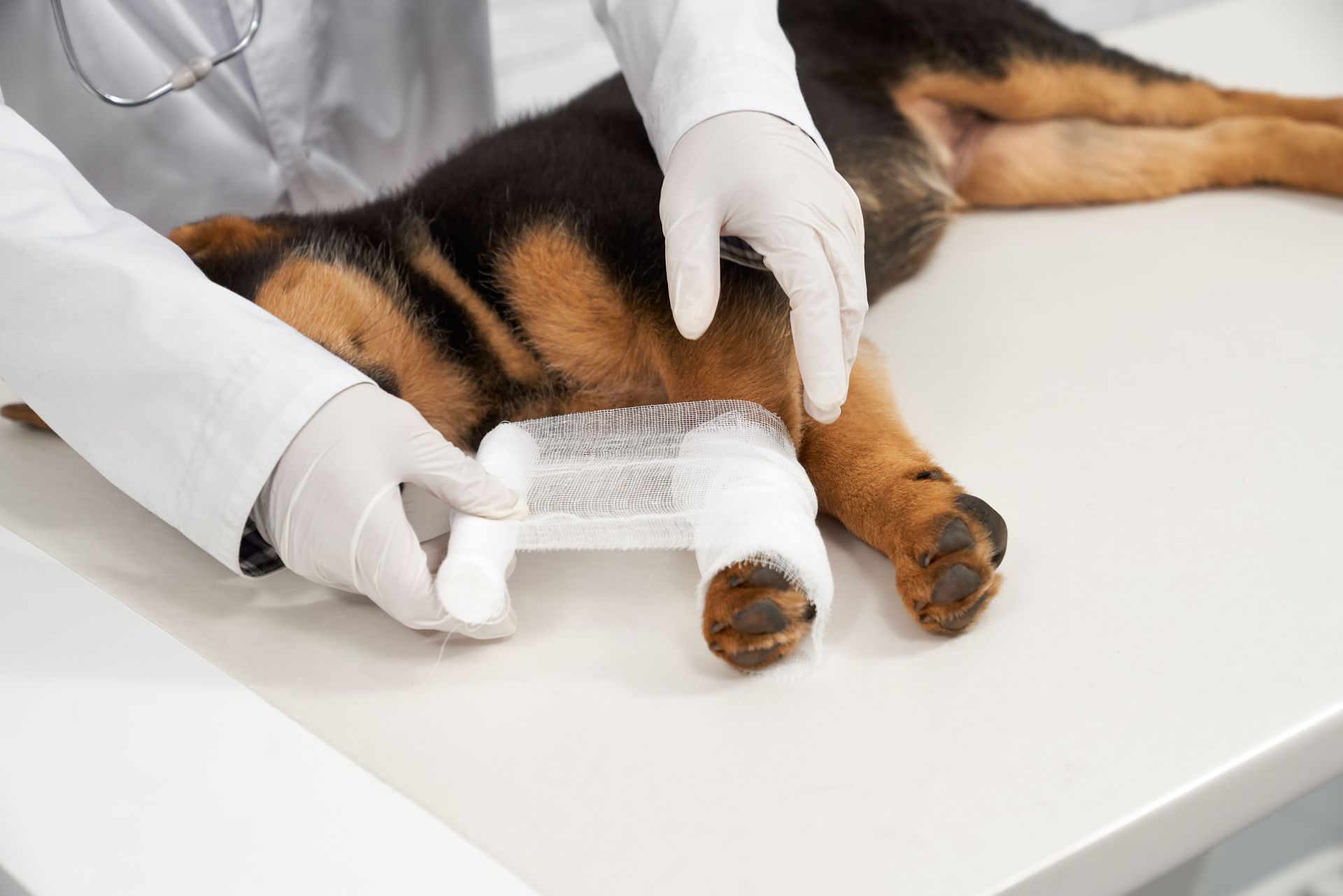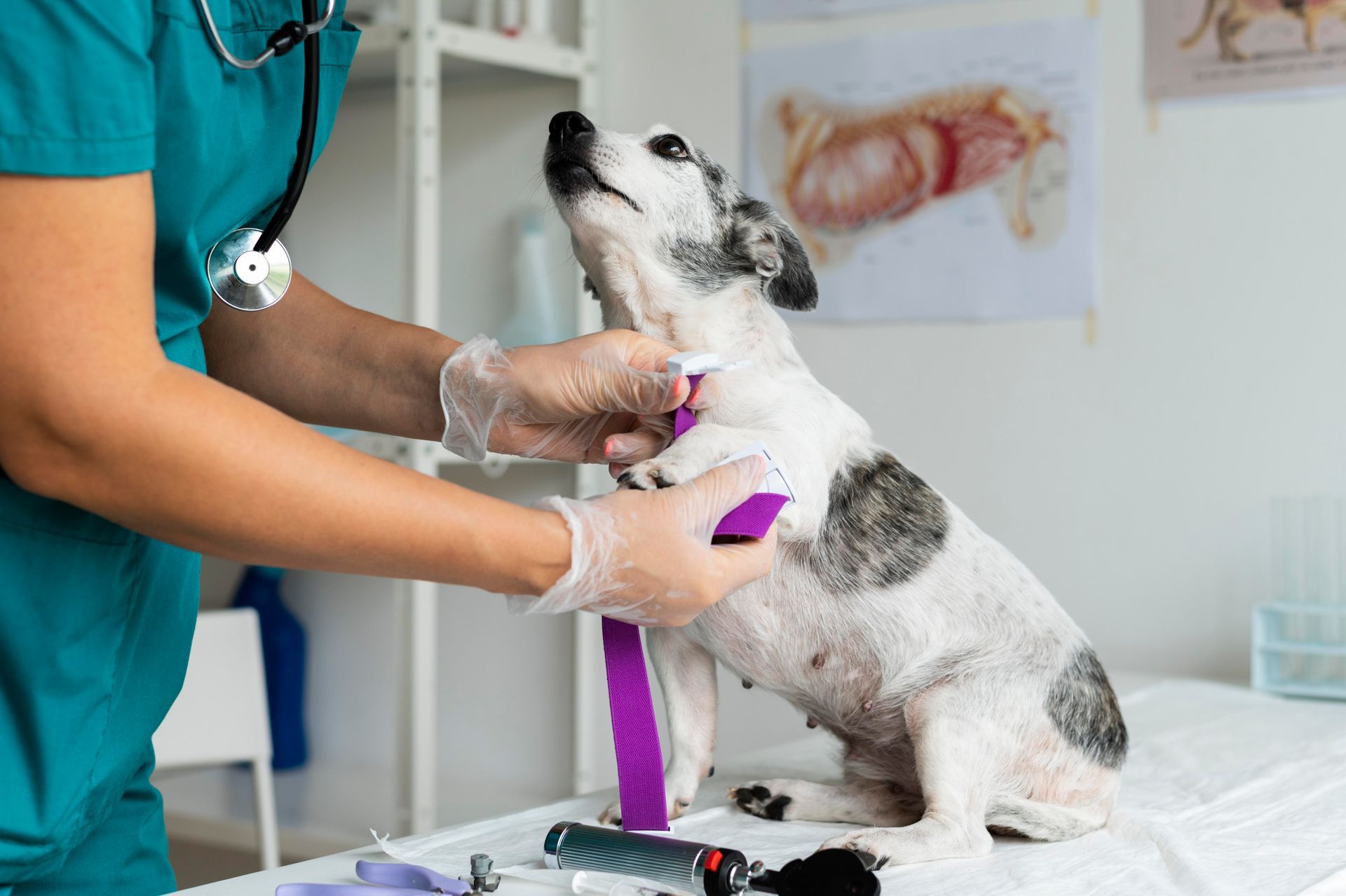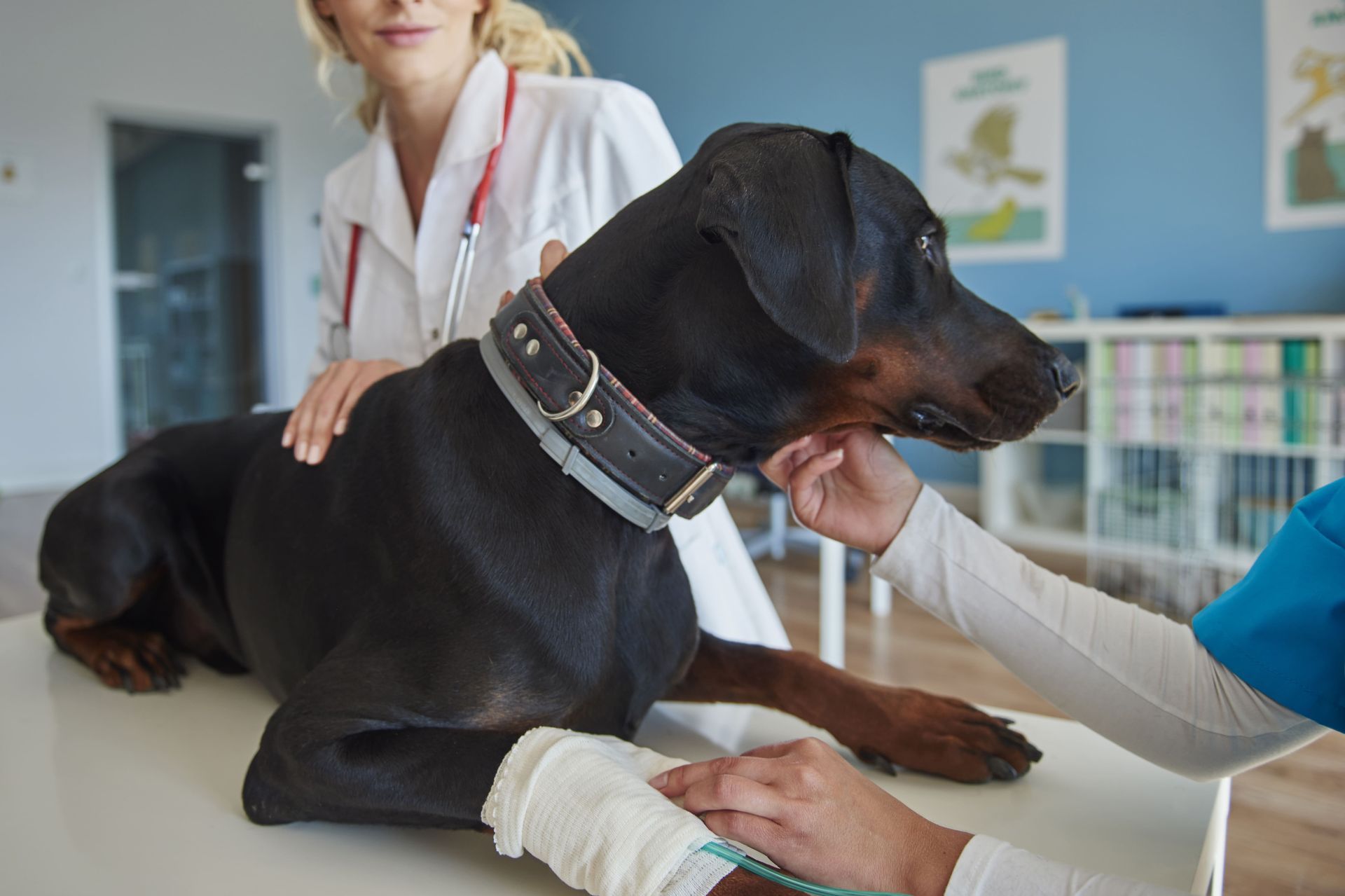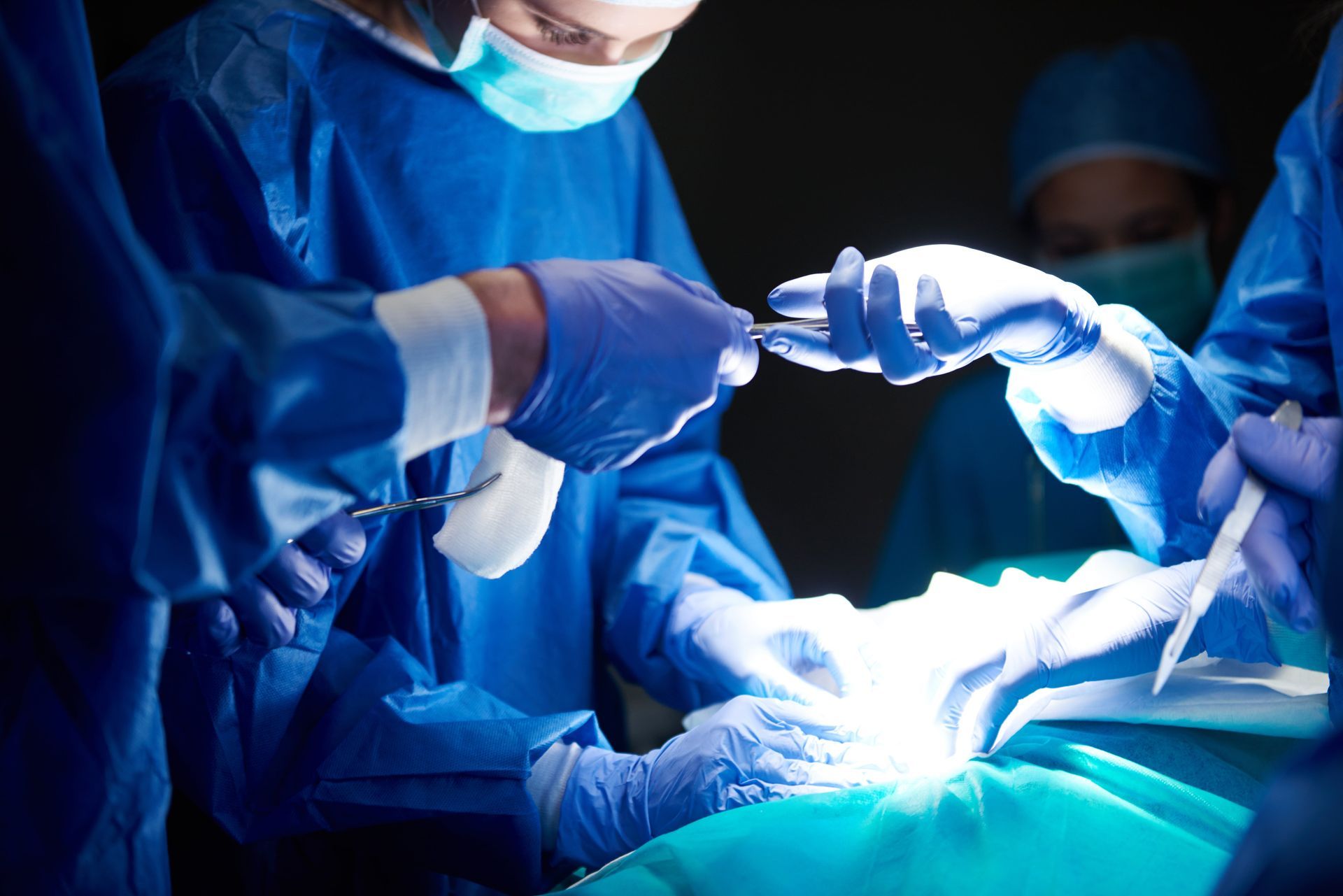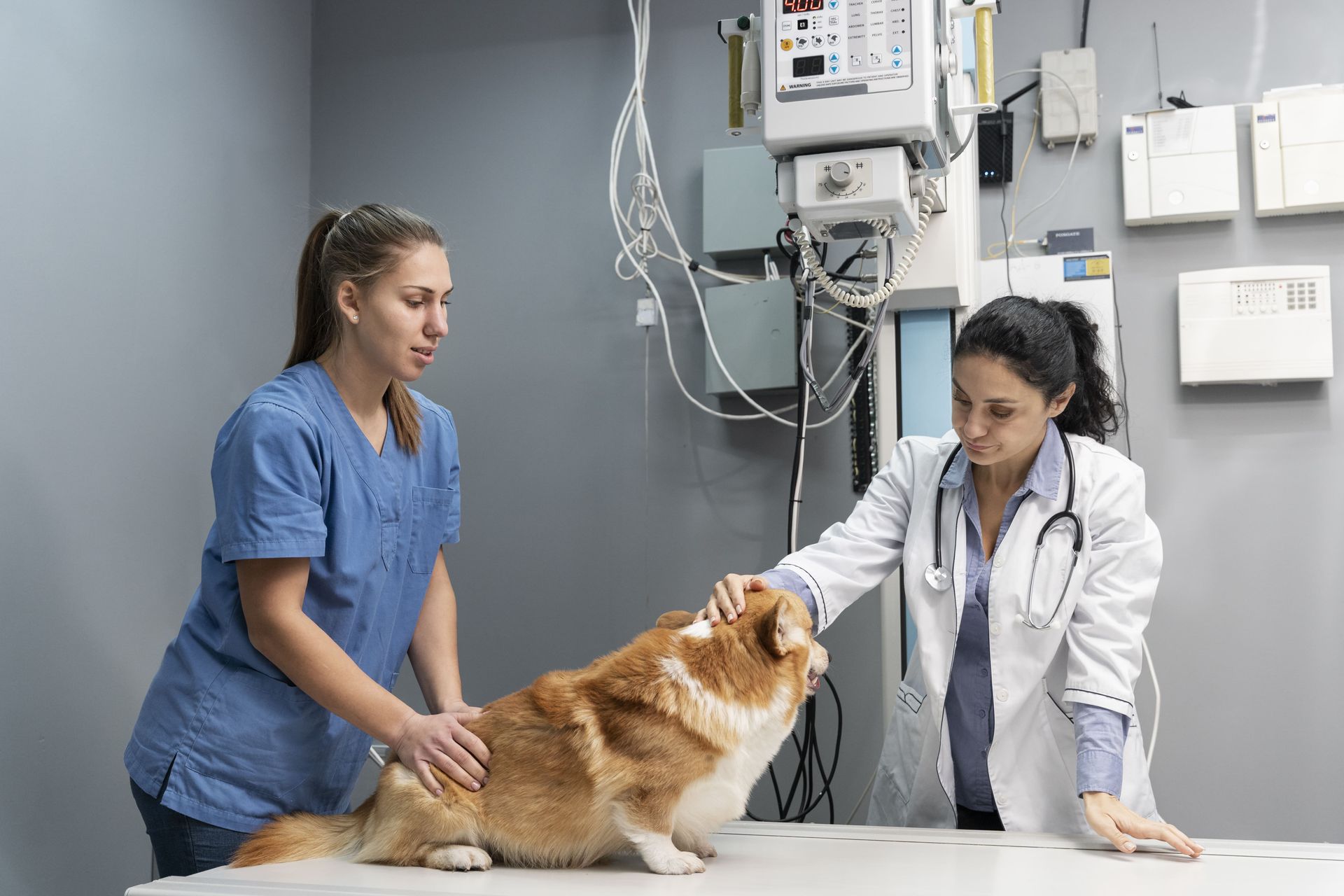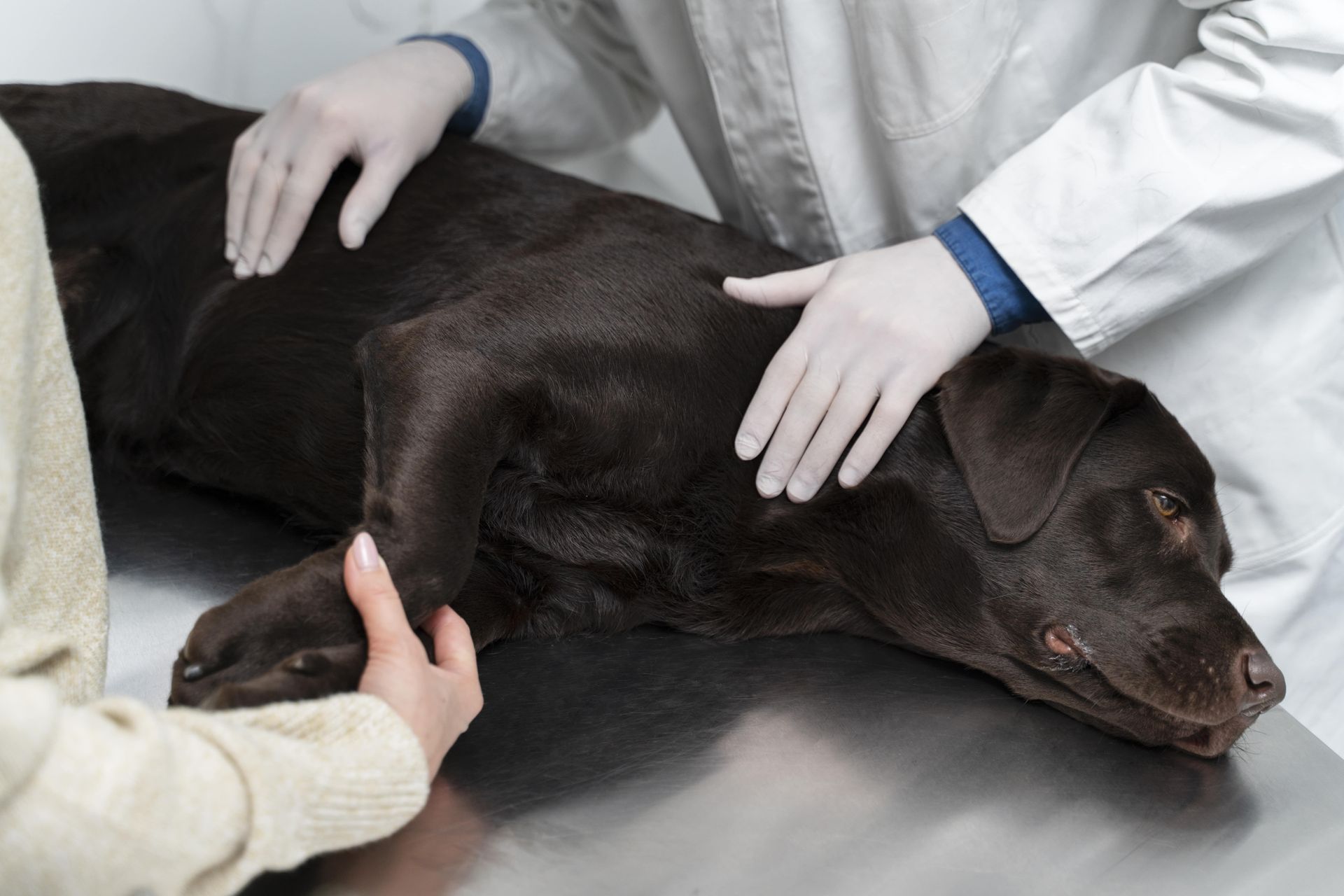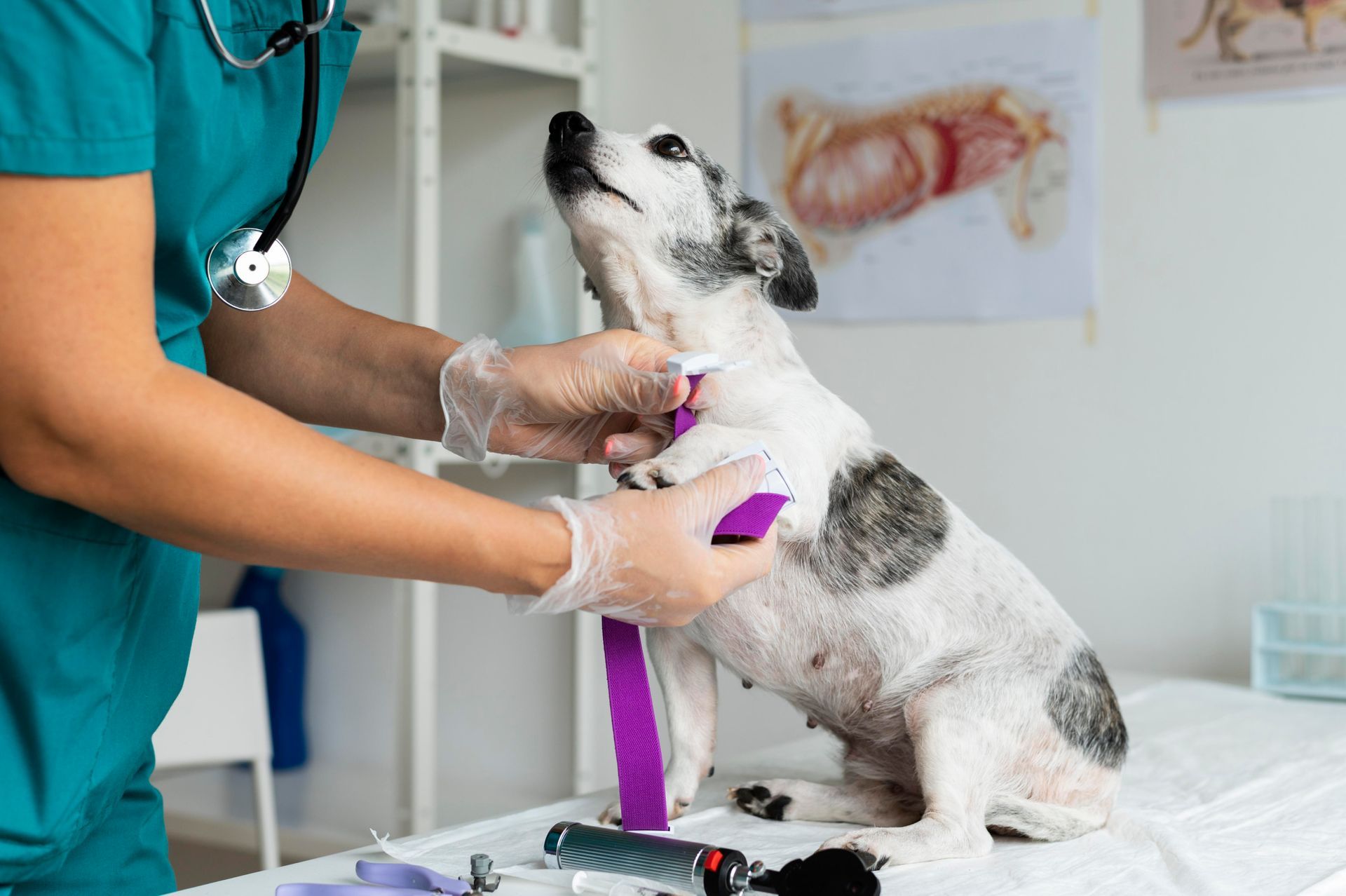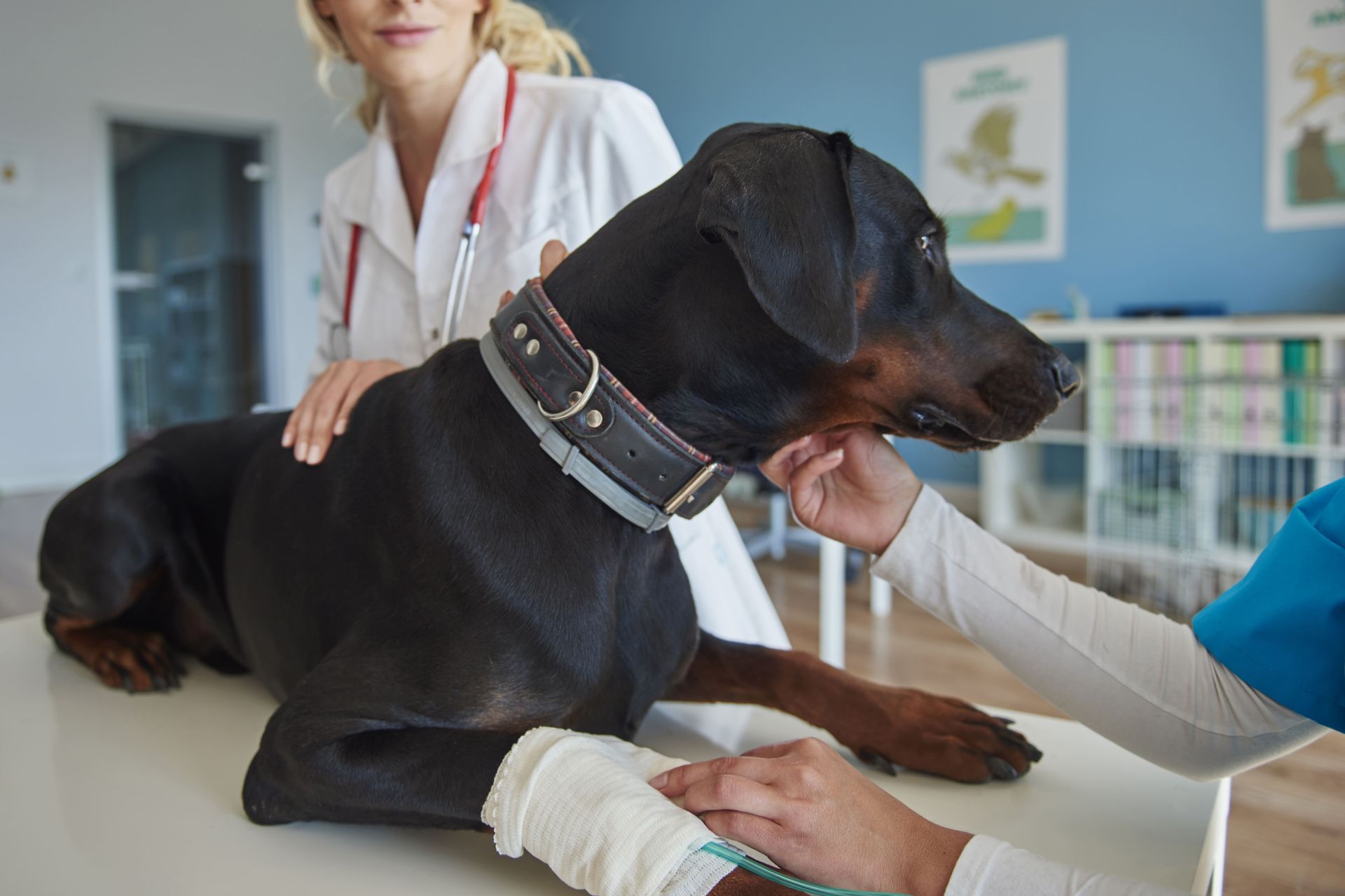Why Regular Vet Visits Are Crucial for Exceptional Animal Care?
Keeping your pet healthy isn’t just about treats, toys, and belly rubs—it starts with regular vet visits. Just like humans, pets need routine medical check-ups to stay in tip-top shape. Whether you have a curious kitten, a loyal pup, or a wise old whiskered friend, scheduling those annual visits to the vet is one of the most important things you can do to ensure a long, happy life for them.
But why are these check-ups so essential? Because pets can’t tell us when something’s wrong. They hide symptoms, adapt to discomfort, and often suffer in silence. That’s where veterinary care steps in—not just to treat illness, but to prevent it.
In this detailed guide, we’ll walk you through how regular check-ups form the cornerstone of excellent animal care, what to expect during those visits, and how building a bond with your vet creates lifelong health benefits for your beloved companion.
Why Are Regular Vet Visits Necessary?
Regular vet visits help spot health issues early, allowing for timely intervention, which can save your pet's life. The importance of these visits cannot be overstated, as they serve as a preventive measure, ensuring your pet remains in optimal health. Many diseases, when detected early, are more manageable, and treatments are often more effective. Visiting the vet annually means your pet is less likely to develop serious, unchecked conditions.
By engaging in regular check-ups, you allow for the monitoring of your pet's ongoing health. This helps in recognizing any gradual changes that might indicate larger issues. According to 10 Benefits of Pet Wellness Exams, early detection is crucial for maintaining overall health and preventing costly treatments later on. That’s why routine vet visits are the foundation of trusted animal care.
What Happens During a Routine Check-Up?
Routine check-ups offer a holistic view of your pet's physical and internal health. These assessments are essential components of responsible animal care, offering peace of mind for pet owners and tailored solutions for their beloved companions.
Here’s what you can expect during a typical check-up:
● Physical Examination: The vet assesses your pet’s weight, skin condition, coat quality, and body posture.
● Eyes, Ears, and Mouth Check: These areas are common spots for early signs of infection, allergies, or dental disease.
● Discussion of Vaccinations: Your vet will review and update necessary vaccines to ensure immunity from preventable diseases.
● Parasite Control: Assessment and administration of treatments for fleas, ticks, and worms.
● Health History Review: Based on age and breed, your vet may recommend further diagnostic testing.
● Blood Tests for Seniors: Older pets may undergo bloodwork to catch signs of liver, kidney, or thyroid problems early.
At Lincoln Ave Cat & Dog Hospital, we ensure that all vaccinations and preventive measures are up-to-date, offering you peace of mind and the highest standard of animal care.
How Do Check-Ups Improve Preventive Care?
These visits allow vets to create a preventive health plan, addressing potential issues before they become serious problems. Preventive care involves routine processes like dental cleanings, which prevent oral diseases, and screening tests to detect things like heartworms or intestinal parasites. As highlighted by Lincoln Ave Cat & Dog Hospital, consistent care is key to avoiding emergency health scares.
Preventive care is more than just avoiding diseases; it epitomizes a healthcare approach centered around wellness and longevity. This forward-thinking method of animal care allows pets to thrive at every life stage.
Regular vet visits are an integral part of providing this level of care, enabling veterinarians to watch over your pet's nutritional and lifestyle needs continually. This holistic approach ensures that your pet not only lives longer but also enjoys a fuller, healthier life.
Building a Relationship with Your Vet
Regular visits strengthen the bond between your pet and their vet, making it easier to address behavioral and health concerns. Such relationships are pivotal in ensuring that your vet has an accurate understanding of your pet's baseline health, which expedites the diagnosis and treatment processes. Trust should be cultivated in these partnerships, as it enables more open conversations about your pet's health needs.
Your regular vet is not just a healthcare provider; they are an ongoing partner in your pet's wellbeing journey. Familiarity gained through routine check-ups means your vet can better detect subtleties in your pet’s behavior, which might not initially seem alarming. By continually choosing the same practitioner, you gain advice that is both personalized and informed—key traits of compassionate animal care.
The Importance of Routine Vet Visits
Regular veterinary check-ups play a vital role in preventive care, building a trustful relationship with your vet, and enhancing your pet's overall well-being. Every visit is a step toward proactive animal care that values longevity, quality of life, and your pet’s happiness.
By staying proactive about your pet's health, you're ensuring a happy, long life for your furry friend. Routine vet visits don’t just detect illness—they build a foundation for wellness. For comprehensive care, consider reaching out to Lincoln Ave Cat & Dog Hospital, where your pet’s lifelong journey of exceptional animal care begins.
FAQs
Q-1. How often should I take my pet for a vet check-up?
Ans: Most pets should visit the vet at least once a year, but seniors or pets with health concerns may need biannual visits for better animal care monitoring.
Q-2. Are vaccinations always updated during routine check-ups?
Ans: Yes, vets will check your pet’s vaccine records and administer any required boosters to maintain strong immunity against diseases.
Q-3. Can regular vet visits really prevent emergencies?
Ans: Absolutely. Early detection through routine exams allows for timely interventions, helping avoid costly or life-threatening emergencies.
Q-4. What if my pet appears healthy? Do they still need check-ups?
Ans: Even if your pet seems fine, subtle health changes can go unnoticed. Routine exams ensure hidden issues are caught early, securing better animal care outcomes.
